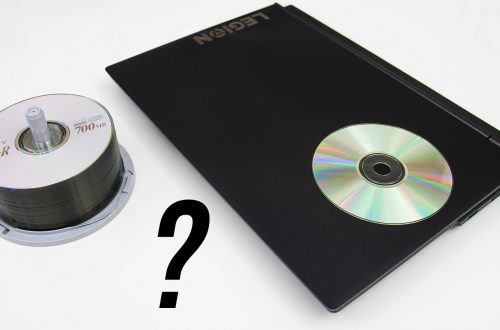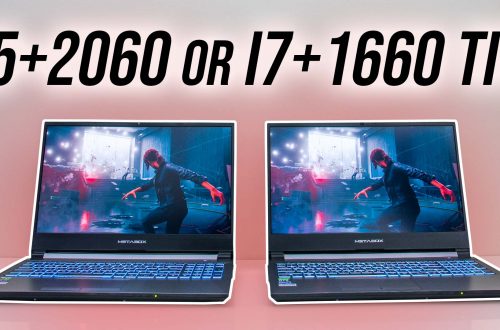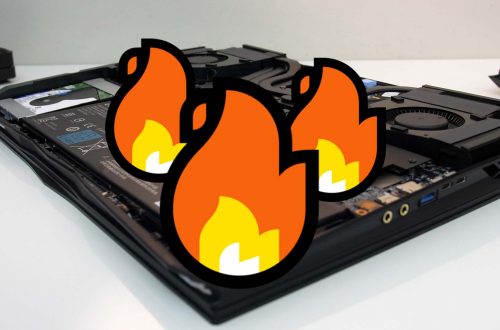Why Does Your Laptop Screen Go Black After Unplugging?
Have you ever unplugged your laptop’s power charger, only for the screen to briefly turn off and flash black?
There’s a simple reason, and it’s easy to fix.
What’s Happening, and Why It’s Good
Put simply, this is a useful feature to help increase the battery life of your laptop.
By default, many modern laptops (especially gaming laptops) have high refresh rate screens such as 144Hz and above. This results in a faster screen and smoother game play – but a higher refresh rate uses more power!
You may have noticed that the screen briefly flashes black if you change the refresh rate change manually through Windows.
This is what’s happening when you unplug the charger. The laptop’s software is configured to automatically lower the refresh rate from some higher level down to something lower like 60Hz, as this uses less power and will maximize battery life.
There are some newer laptops where the screen does not need to flash black when changing refresh rate, but these are far less common.
Stop Screen Flashing Black
But what can you do if you don’t want the screen to flash black when you unplug?
It depends on your laptop, but usually there is an option in the laptop’s control panel software that allows you to disable it.
In ASUS gaming laptops, for example, you can disable the panel power saver option which is enabled by default in the Armory Crate software. It’s similar on other laptops, Lenovo have the option listed as Adaptive Refresh Rate in their Vantage software.
You’ll just need to look through the available options to find out what it’s called. It might have a slightly different name, but the option is usually available.
The Benefit is Worthwhile
Personally, I think the brief flash of black is worth it for the extra battery life. I have found this simple change to result in an extra hour of battery life. I’d much rather deal with 2-3 seconds of black screen than deal with using my laptop less.
This means the screen might look a bit slower than what you’re normally used to, but that’s the tradeoff. Given most games won’t be able to run at high frame rates on battery power anyway, it’s not a huge loss.
But if you prefer, you can instead keep a smoother screen with a higher refresh rate when you unplug the charger and not have the screen turn off briefly – just don’t expect as much battery life!


